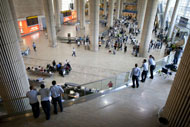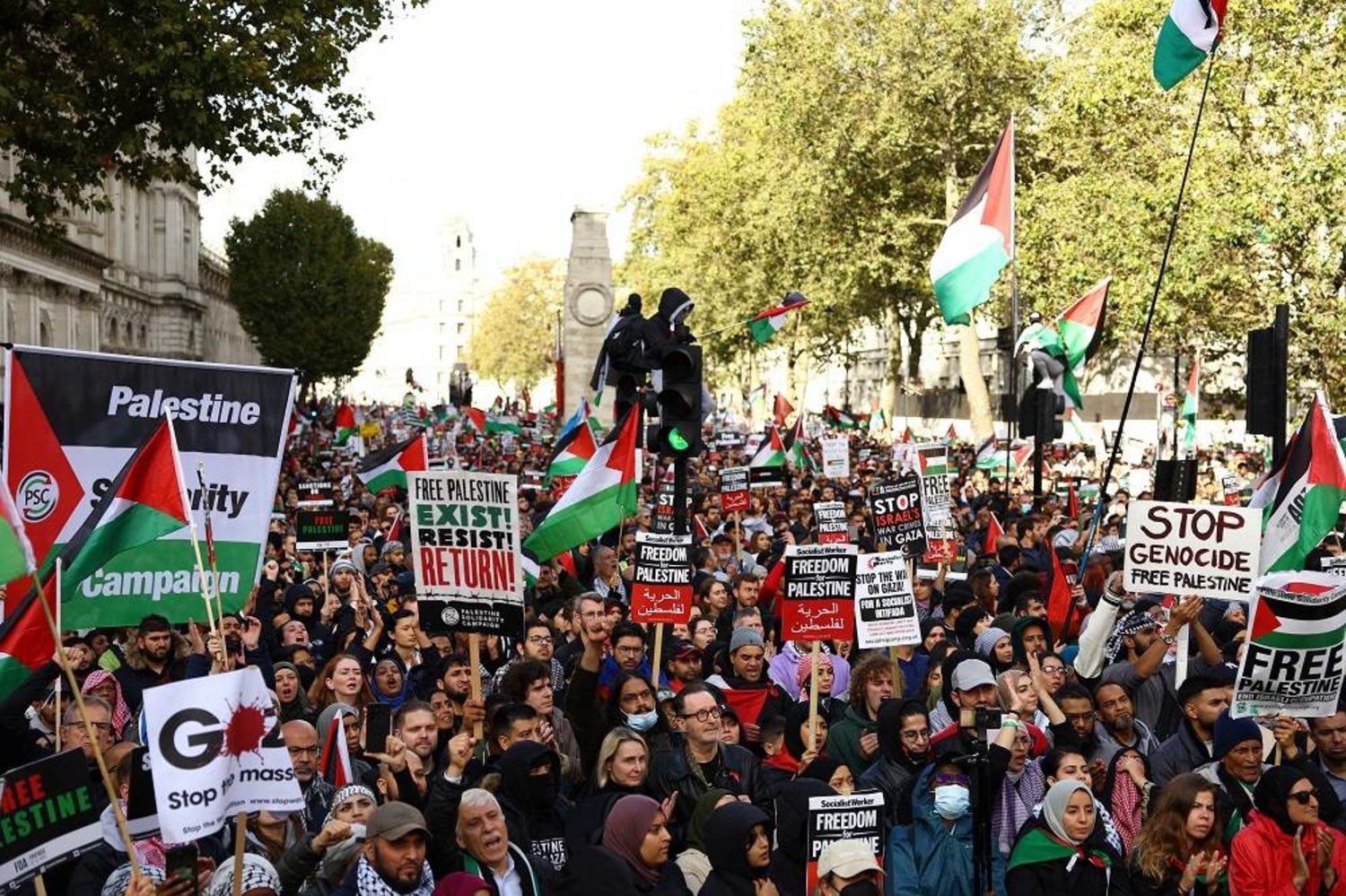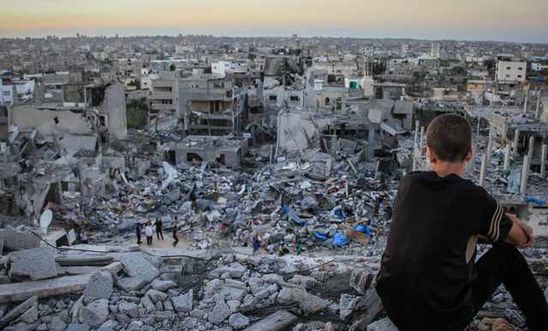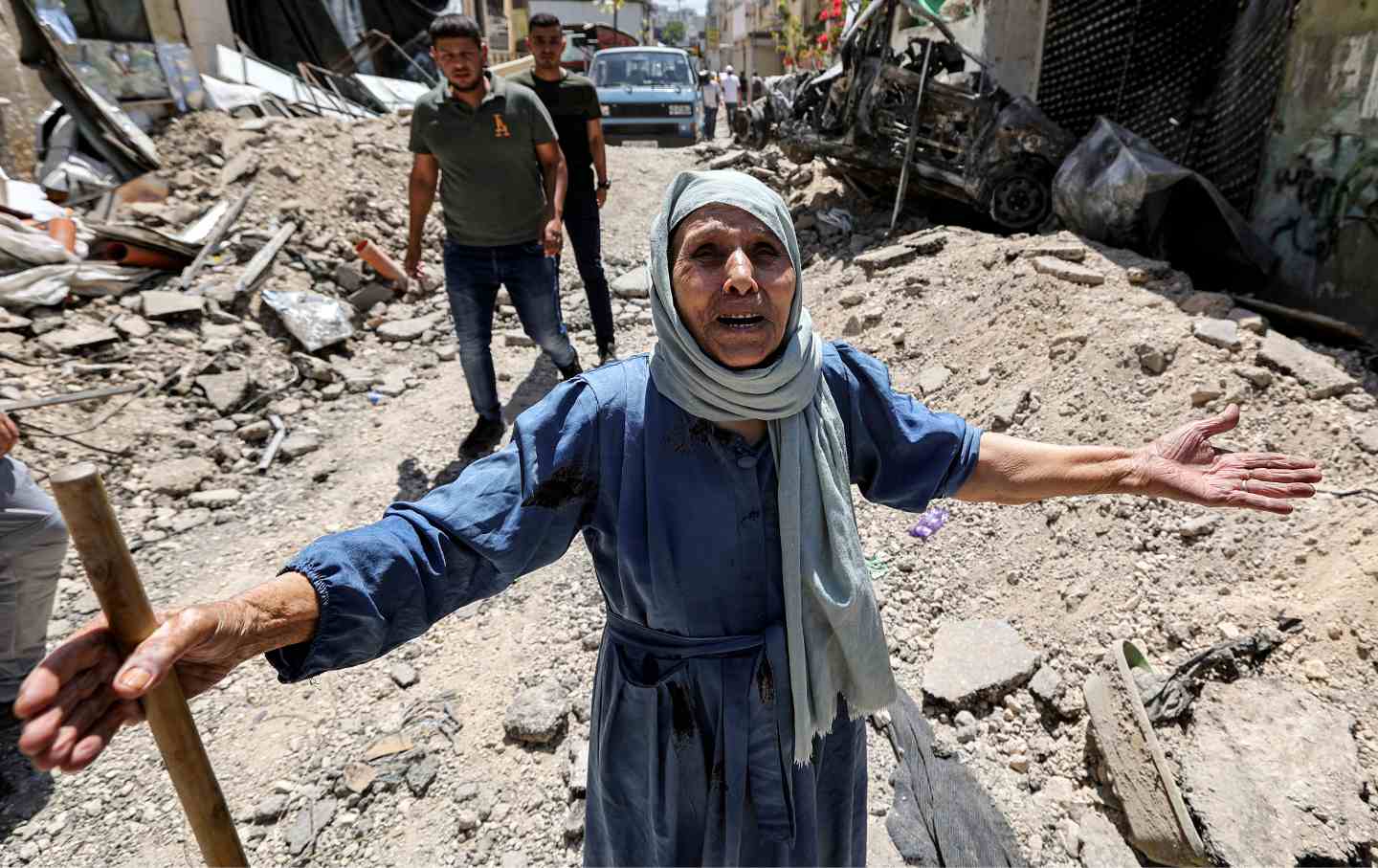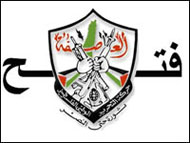
All eyes were on Bethlehem this week as Fateh voted in its Central Committee and Revolutionary Council at the conclusion of its Sixth Conference. Old names and new made the final lists while others were voted out. In the end, under President Mahmoud Abbas as head of the Central Committee, there were familiar Fateh diehards such as Jibril Rjoub and Tawfiq Tirawi. The Revolutionary Council proved to be more diverse, most likely because of its 81-seat platform. Alongside the usual Fateh members like Hatem Abdel Qader and Abdullah Abdullah, wife of imprisoned Fateh leader Marwan Barghouti and Israeli Jew [or Palestinian as he so fondly calls himself] Uri Davis were elected as Revolutionary Council members.
It is still too early to judge whether this long awaited conference and the newly elected leaders will improve the overall situation of the Palestinians as it stands today. President Abbas is already calling for convening a special session of the Palestine National Council, ostensibly to "fill in the gaps" currently in the PLO's executive committee.
Abbas has also said reaching unity with Hamas is still on the top of his movement's priority list, saying they would continue to meet in Cairo with the goal of reaching a conciliation agreement.
There are more ways than one to interpret Fateh's recent activity on the ground. On the surface, President Abbas sounds like a responsible president who is determined to put the broken piece of internal Palestinian politics back together again. After the results of the Revolutionary Council vote were announced, the president also called on those members originally from Gaza to return to the Strip and run the movement from there.
At face value, it seems as though Fateh is reinventing itself for the better with its self-proclaimed "miracle" of holding the Sixth Conference in Bethlehem. But everyone knows the conference was marred with controversy and charges of tampering with the ballot boxes so that Abbas could guarantee his own picks for Central Committee members.
Whether these are groundless speculations or hold within them a sprinkle of truth cannot be said for sure. However, what is important is where Fateh goes from here. Whether or not we agree with its policies and political decisions over the years, no one can deny the fact that Fateh is the oldest and most significant political movement in the history of Palestine. For that reason, and for the fact that, besides having the most followers, it has been at the helm of Palestinian leadership ever since its inception in 1965 makes Fateh more influential than any other movement.
That is also why we average Palestinians look to Fateh and its head, President Mahmoud Abbas, to be a unifying force for us. If he is true to his word, Abbas could be just that, bringing together the components of Palestinian society that are so horribly fragmented today and gluing them back together in a united front. That is what real leaders do.
However, one only has to look to Gaza to see just how badly fragmented the Palestinians really are. In the course of 24 hours, the same number of people were killed in a bizarre turn of events almost no one saw coming. An ultra-radical Islamist group that thinks even Hamas is too lenient suddenly declared the Gaza Strip an Islamic Emirate and was met with a quick and ruthless response by Hamas' ruling authorities there. Who they are and why they acted now remains shady although some conspiracy theorists have said they think components in Fateh armed the group, Jund Ansar Allah in order to undermine Hamas' rule in Gaza.
If this were the purpose, it failed miserably. Hamas struck back so fast, the entire "coup" was over before noon the next day. Once the group's leader "Sheikh Abdul Latif Moussa was taken out, the small force was almost completely neutralized.
However, again this is speculation. It is well known that Fateh would love nothing more than to regain control over the Gaza Strip, which it lost over two years ago to Hamas in a showdown of sorts. However, to what lengths would it go to achieve this is uncertain.
Hamas is not only a power to reckon with, it is one that is turning more and more hostile towards the PA and Fateh each day. This means, the more time goes by with the status quo in place, the harder it will become to bring the two sides together. This will be Fateh's real challenge but one that is not impossible. As head of the Palestinian people and head of its biggest movement, President Abbas has his work cut out for him. He knows what needs to be done. The question is whether he will do it.
Joharah Baker is a Writer for the Media and Information Program at the Palestinian Initiative for the Promotion of Global Dialogue and Democracy (MIFTAH). She can be contacted at mip@miftah.org.




